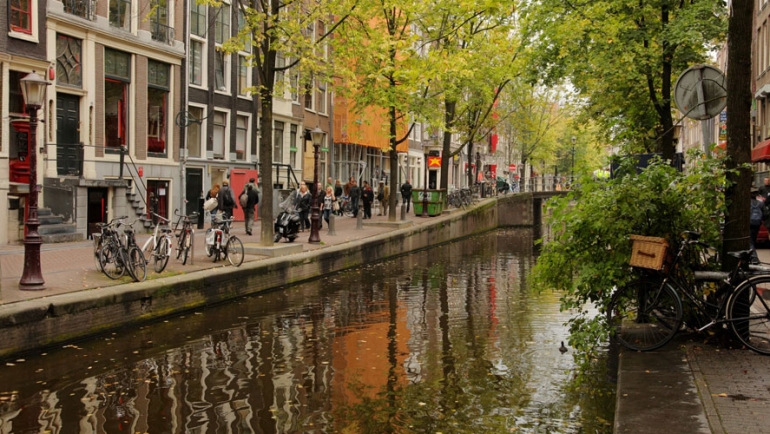The European Commission’s recommendation that Member States ban vaping everywhere has been agreed, but only because multiple Member States added riders saying that they’ll essentially refuse to implement it.
German MEP and medical doctor Peter Liese, who opposed the plan in Parliament, called the vote a “pyrrhic victory for the enemies of vaping”.
“Although a majority was reached for the essentially unchanged Commission proposal, many Member States have recorded that they consider the proposal immature and do not intend to implement it”, he said.
Greece and Germany abstained from the vote, which is tantamount to a vote against the proposal; while many other Member States only agreed to vote it through on the basis of written statements that they have no intention of complying with it.
Yesterday, we reported that Czechia had become the latest Member State to make its opposition known, saying that “[A]ccording to the latest scientific evidence, the use of new and emerging tobacco and nicotine products may pose lower health risks compared to traditional tobacco products….In line with this, the Czech Republic advocates for measures that take into account the relative harm and societal risk of different tobacco and nicotine products”.
A similar joint statement came from the Governments of Italy and Romania, who said that the proposals lacked a “robust scientific basis”.
And, of course, the European Parliament soundly rejected the recommendation in a non binding vote last week.
During the meeting, Greece spoke up against the proposal, saying that public health proposals should be proportional and based on robust scientific evidence (implying that the recommendation is not).
Czechia made similar statements, saying that smokers should opt for less harmful alternatives like vapes. And Slovakia echoed the words of Czechia, saying that they would like to see more focus on harm reduction.
What happens now?
The Hungarian government, which holds the rotating Presidency of the European Council, was at pains to stress that the Recommendation has no binding effect, which is true. However, this kind of “soft law” provides Member States with a permission structure to ban vaping in all public spaces; and a convenient scapegoat in Brussels when citizens complain about it.
The 2009 Council recommendation on smoke-free environments called on member states to legislate against smoking indoors by November 2012. According to an Article in European Conservative, 13 Member States met that deadline. The Commission reported actively working with four more – Poland, Luxembourg, Hungary, and Bulgaria – to ensure smoke free legislation there. By “working with”, you can assume that the Commission means “pressuring”.
In 2013, the Commission even said that there had been good progress in “transposing” the recommendation into national law, language generally confined to binding acts, which suggests that the Commission treats Recommendations with an expectation of compliance akin to formal legislation.
And the text of the recommendation itself has barely changed from the one we reported on back in September. To summarize, vaping would be banned in:
- Indoor spaces
- Designated outdoor recreational areas where children may be present
- Outdoor spaces of restaurants, bars and cafes
- Bus, tram and train stops
- Any outdoor associated to a place of work
- Any outdoor spaces related to healthcare including hospitals, nursing homes and other such places
- Any educational facilities, including universities
- Any outdoor area in which members of the public are likely to congregate
- Spaces associated with buildings that are open to the public
- Private cars
As we reported in October, the recommendation was not subject to an impact assessment, which has led vapers in Spain to complain to the EU Ombudsman.
But on the other hand, the Commission struggled to get the necessary votes in Council. Had the Member States who voted for the Recommendation but said they won’t enforce it voted against, it would have fallen. Those Member States won’t look quite so charitably on any revisions to the Tobacco Products Directive, where the Commission is expected to propose swinging vape and nicotine pouch bans.
And the failure to get Parliament’s support also points to the new vape bans that the Commission wants having a difficult time finding a majority there. So while the EU’s executive might have won this battle, there are signs that point to it losing its anti-vape culture war.
“The majority of the European Parliament views [vaping] as an aid for heavy smokers to quit smoking. People thereby reduce their harm by over 95%. This will be an important guideline in all future debates in the EU”, concluded Liese.



